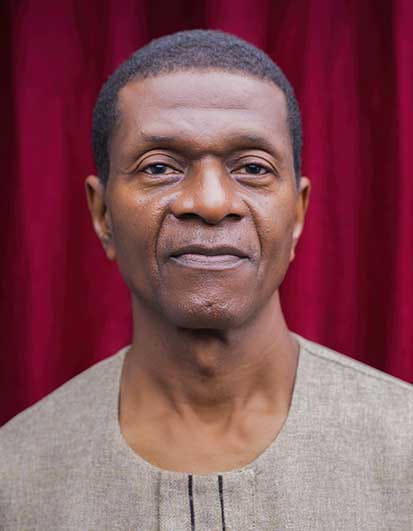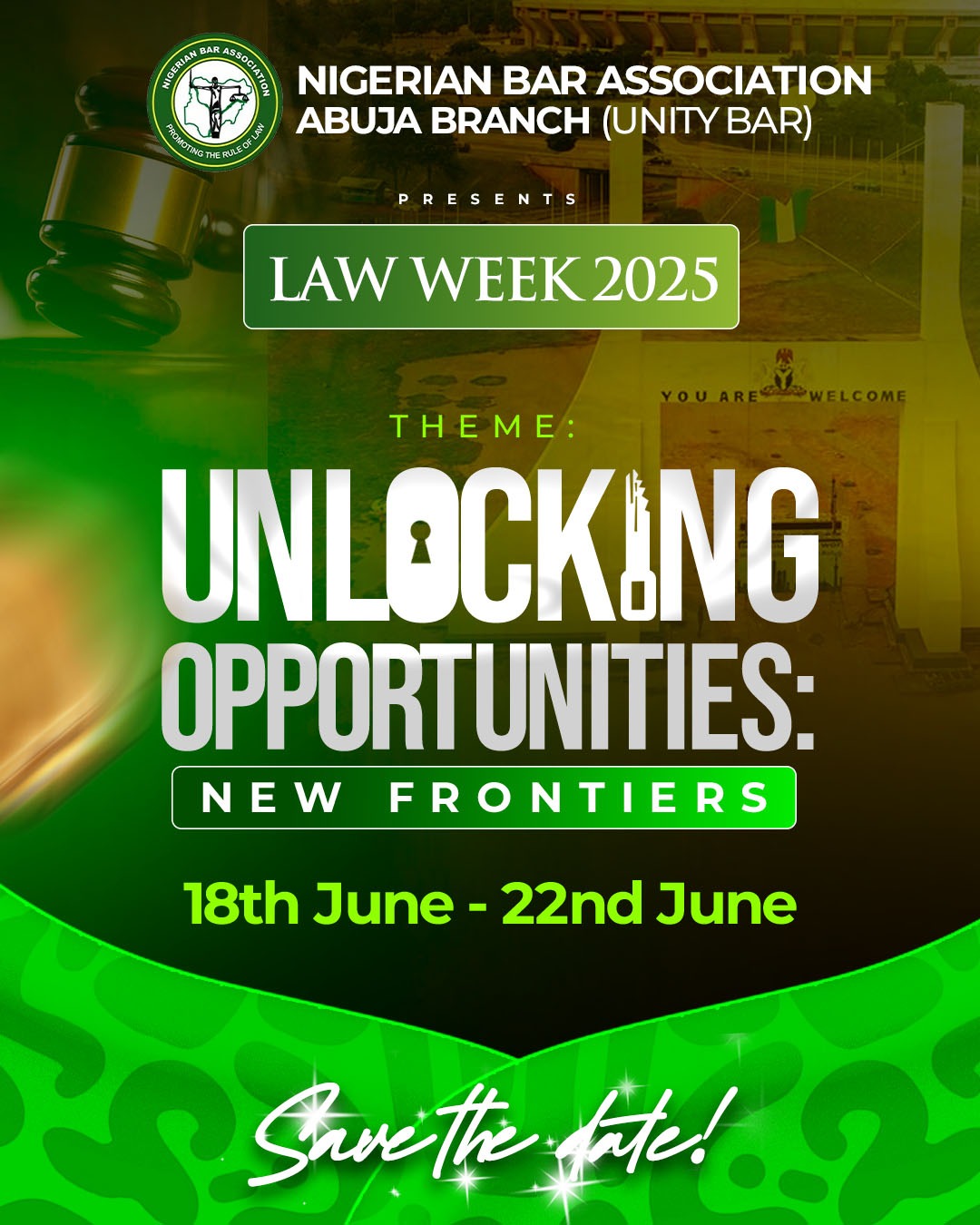By IfeanyiChukwu Afuba
History is set to return as a subject in Nigeria’s primary and secondary schools. Barring any unforeseen hitches, the reintroduction which was mooted in 2016, will be actualised sometime in 2025. Minister of Education, Dr Tunji Alausa conveyed President Bola Tinubu’s approval for implementation of the plan while featuring in a Channels television programme on January 1, 2025. “What has been missing in the past is Nigerian history. We now have people of 30 years disconnected from our history. It doesn’t happen in any part of the world” Alausa stressed. The Minister’s specificity on Nigerian history helpfully dispels contending notions of African, West African or general world history. Although the Minister outlined “disconnection from our history” as a need factor for the policy, he did not go into details especially with regard to stating the objectives or goal to be achieved with the exercise. And for that crucial component of the programme, we have to go to his predecessor, Adamu Adamu, who started the journey in 2016.
Adamu who oversaw the curriculum development stages of the policy had offered some definition of the problem. “You have to know who you are before you can be anything in this world. The immediate implication of this was that we lost ideas even of our recent past, and we scarcely saw ourselves as one nation and gradually began retreating into our primordial sentiments.” At the commencement of training of history teachers in 2022, The Guardian of December 10, 2022 quoted the Minister as further saying: “The loss created by the absence of this subject has led to a fall in moral values, erosion of civic values and disconnect from the past.” The consistency in execution of this policy is commendable. It suggests there is merit in the vision and equally gives hope on the issue of continuity in government projects. However, the presumed gains of history study in our schools invite closer interrogation against the lessons from our nation-state efforts and experiences elsewhere. Are the values of history necessarily the same as those of nation-building? Does consciousness of history equate to conviction? What constitutes nation-building? How does history impact citizen behaviour?
There are about two main positive dimensions of the initiative. The first borders on the decolonisation of our sense of civilisation. Conservative and radical African thought tend to accept that Western education left it’s toll on the African psyche. In spite of it’s many salutary contributions to development in Africa, western education unleashed a feeling of inferiority complex on the average African. Western stereotypes of the blackman’s religious, political, cultural barbarism as it affects Nigerians need to be addressed by projecting the authentic way we lived. Our native languages were suppressed and with them a good dose of oral history and worldview. We envisage that the scheme of Nigerian history will correct the misplaced lionisation of an imperialist soldier such as Boden Powell by highlighting the exploits of local heroes. And ditto for the egregious ascription to Mungo Park of discovery of River Niger. As the sage, Chinualumogu Achebe put it: “Our past was not one long night of savagery from which the first Europeans, acting on God’s behalf, sought to deliver us.”
There is no doubting the government’s focus on a three course of Nigerian history, identity and citizenship rolled into one. We think the federal government’s essence is one that can be adapted from Bob Marley’s _Exodus_lyrics. “We know where we’re going. We know where we’re from. We’re leaving Babylon. We’re going to our father’s land.” It speaks of a history that traces our roots as co – existing neighbours even before the advent of colonial boundaries. It speaks about the evolution of a common destiny from colonial statehood to the gains of independence. In this era, Nigerian history for schools would most probably dwell on similarity of sub-national cultures, emphasising how components of the federation have related and made gains over the years. It seems the case that the content would be driven by the philosophy of The Guardian’s oft quoted exchange; a cross between Dr Nnamdi Azikiwe’s “Let’s forget our differences” and Sir Ahmadu Bello’s riposte “Let’s understand our differences.”
A historically enlightened mind will most likely take pride in the achievements of his society. To such extent, history could aid the integration efforts of a State. Intimate knowledge
of the Nigeria civil war for instance could mediate inter-ethnic conflicts. There can be no doubt that the sobriety thrown up by the civil war experience has staved off dangers again and again. The lessons of the war has made dialogue a preferred conflict resolution formula for the older generations. It’s reasonable to expect that a deeper absorption of the impact of the war would sensitise younger generations not to take national unity for granted. But the benefits of historical awareness are not elastic. Their efficacy is not automatic but dependent to a large extent on other intervening factors. The interplay of these variables, not the declaration behind a history curriculum, will ultimately determine the result of the project.
The other factors that correlate with history are personality and environment. And for our purposes on the Nigerian condition, we include a third, political climate. Now, how does the personality thing play out? From Kunta Kinte to Kemi Badenoch, we see a varied pattern of responses to the call of motherland. Aside from rebelling against his captivity, Kinte, Alex Haley’s protagonist in _Roots,_ yearned for reconnection with his origins. Kemi Badenoch, free and conscious, is critically selective of what she acknowledges as her heritage. It is not something peculiar to the British opposition party leader. How many Europeans and Americans of African descent have made permanent homecoming after tracing their roots? How many even visit regularly thereafter? Simply put, consciousness does not translate to conviction. Historical narrative must contend with the individual’s judgment. The situation can be likened to a salesman and the targeted buyer. However outstanding the product, however persuasive the salesman, the buyer’s disposition is what prevails. And the ease of accepting history as truth has to do with environment and political climate.
The environment may be described as comprising all the external influences that we are exposed to in a society. In trying to predict the encounter between history study and segments of the Nigerian population, we find hints from the environmental experience. This is to say that our environment already contains within it mini typologies of Nigerian history. How have they fared in inculcating the citizenship spirit that the federal government seeks to achieve with the study of history? There are two federal government colleges in every state and Abuja, with more than a quarter of them over fifty years old. The NYSC programme is in it’s fifty – second year this 2025. The National Institute of Policy & Strategic Studies has operated for over forty years. These institutions were created and nurtured to foster national unity. By their duration, they have become part of Nigeria’s history for some generations, a few of which are already in leadership. Has their familiarity with, indeed, experience of this breeding of the new Nigerian, had any significant effect on them and on our polity? The fact that the federal character principle, even after being written into the Constitution, is violated with impunity, ought to be revealing. While there have been marginal gains in issues – oriented politics, we find that electoral behaviour is predominantly ethnic and religion based.
Political climate refers to the tenor of political and administrative order operating at a given time. Administrations have different characteristics and therefore different governance relations with the people. The more a government is perceived as responsible, accountable, progressive and responsive, the greater the chances of social cohesion. In other words, government credibility enables successful citizen mobilisation for nation – building. Conversely, an oppressive government that stifles the freedom and aspirations of the people will be alienated. When the actions of a government are contradictory to the precepts preached by officialdom, the narratives lose potency of persuasion. In such a situation, government fails to create the setting as well as the mood for civic participation in statecraft. The point applies beyond civic engagement. As it often happens in African countries, when a government is preoccupied canvassing investment opportunities, without providing the enabling environment for entrepreneurship, there’s hardly economic growth at the end of the day.
The school history policy is too ambitious given the scope of plan in which it is set out. It makes the unrealistic presumption that civic responsibility is a function of historical orientation. If that were so, Nigeria’s educated population would have transformed the country into a great nation with high standard of living. The task of nation – building is a comprehensive one demanding the pacification of fundamental grievances. Governments have a big role to play in engaging relevant actors and making the system friendly. As the Tinubu administration seeks to orient the citizenry on the Nigerian project, it should commit to the welfare of the people. She will do well to wage wars against hunger, corruption and insecurity and address inequities in the Nigerian federation. That will be a fascinating channel from which to beam Nigerian history.





